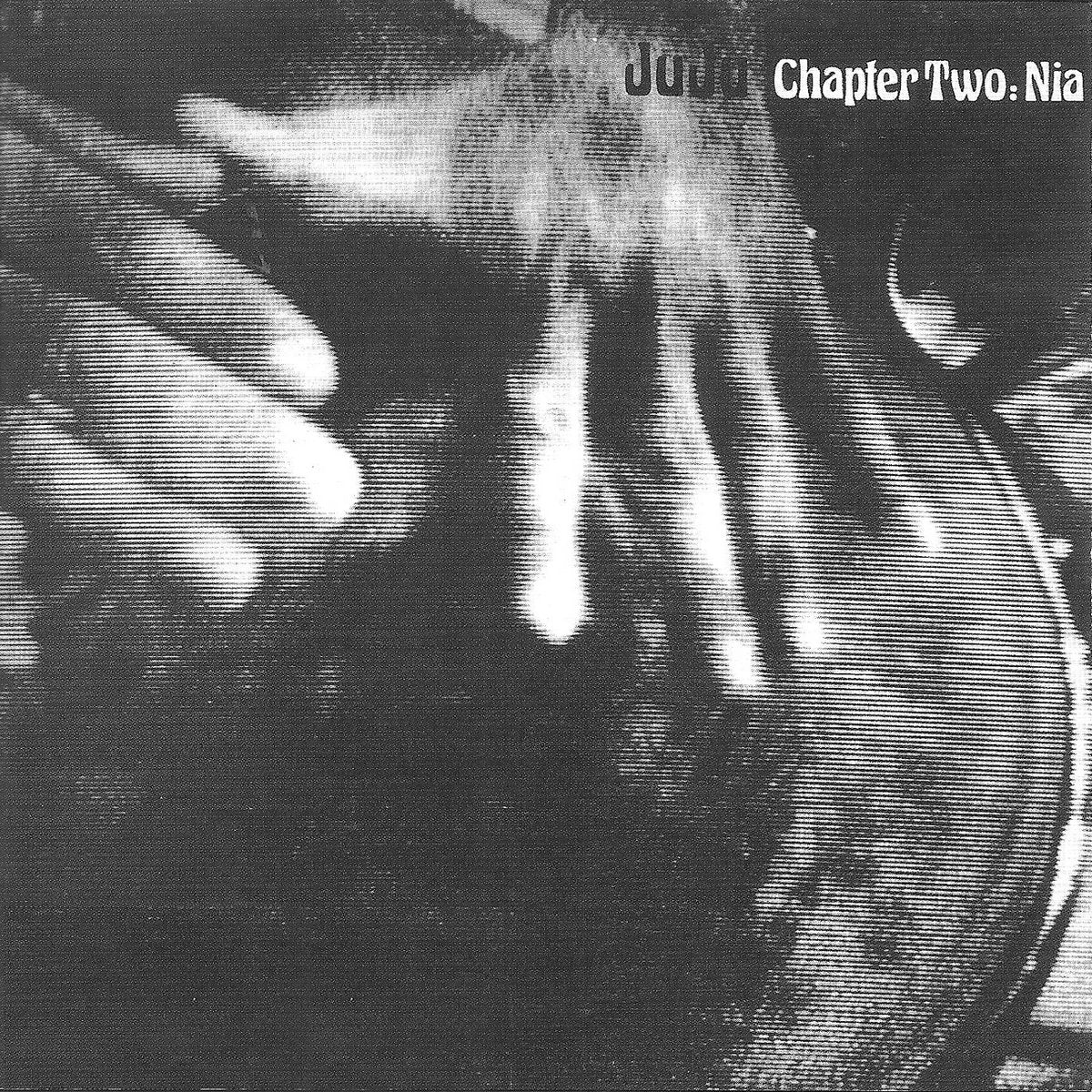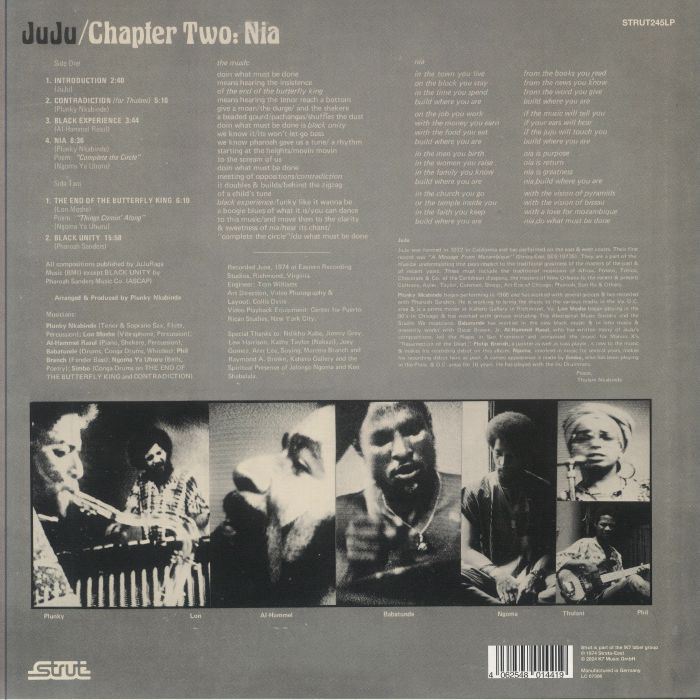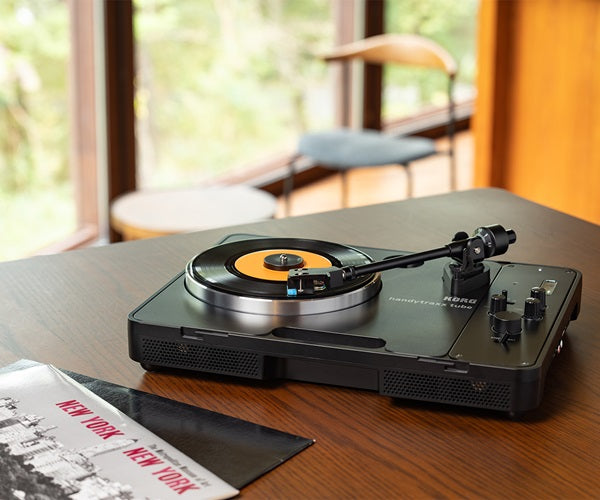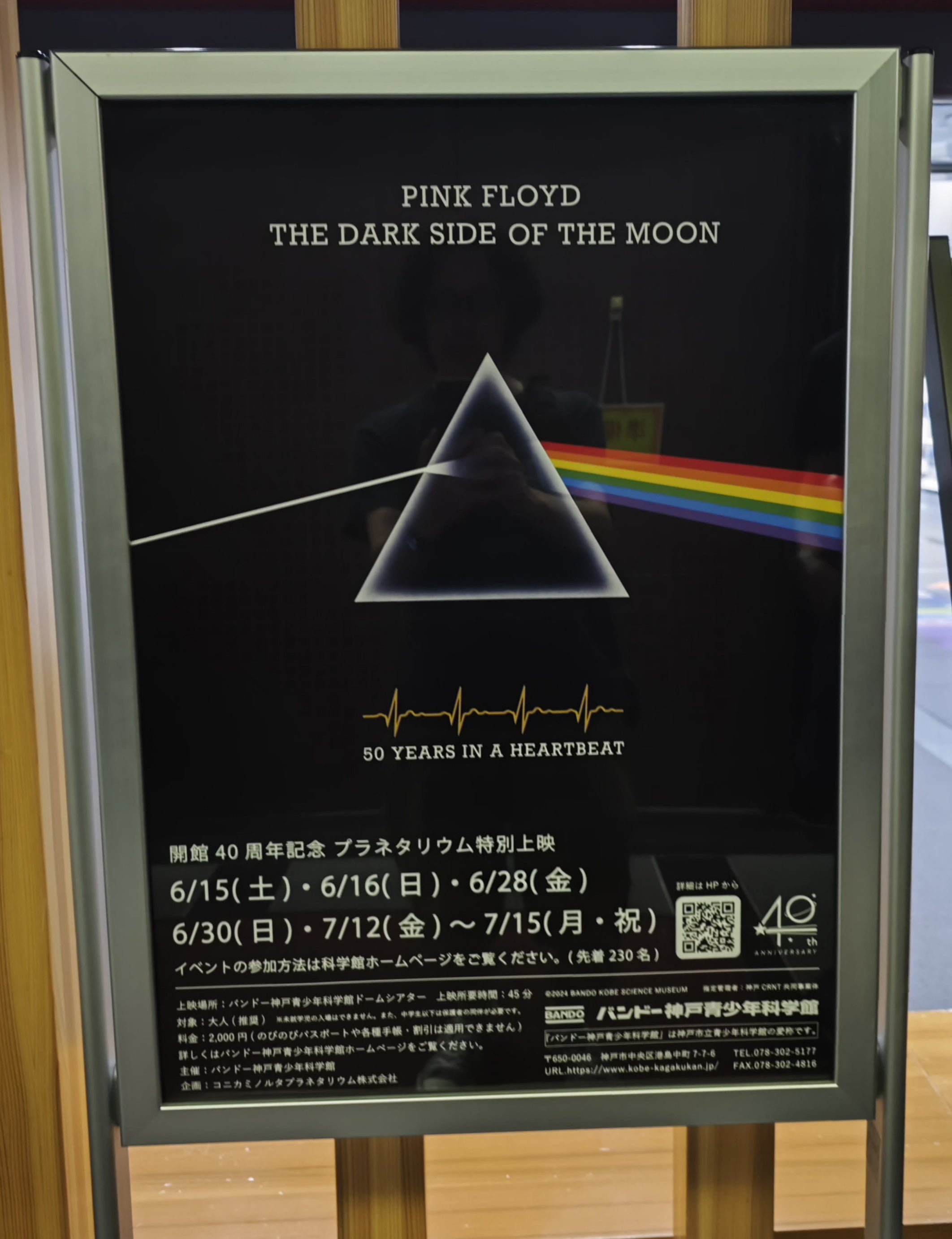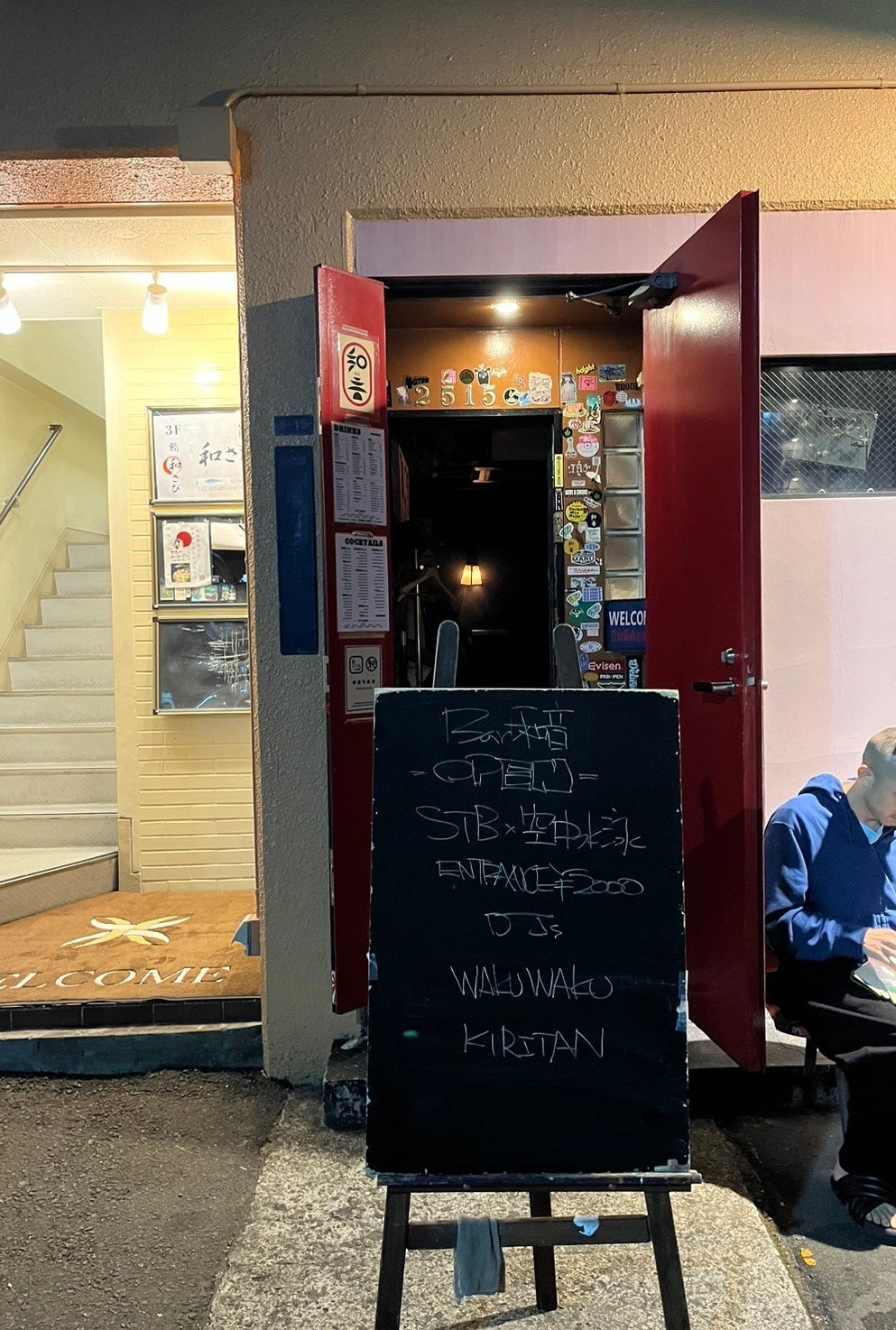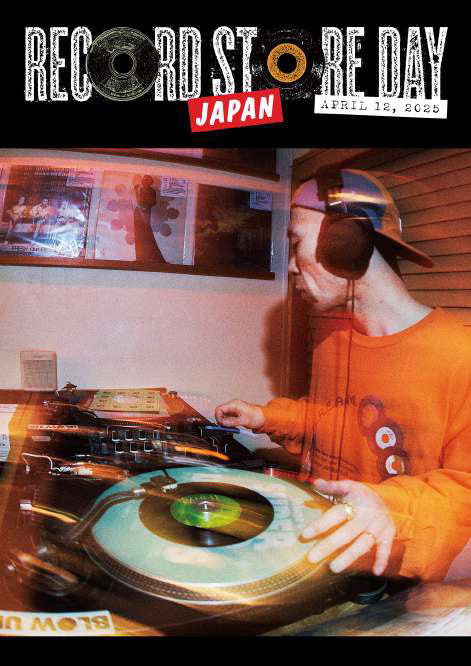説明
Strutの最新リリースは、Jujuが1974年に発表したアルバム『Chapter Two: Nia』のリマスター版。このアルバムは、Jujuのアフリカ文化に根ざしたジャズと黒人の民族主義をテーマにした詩が特徴。バンドは1972年にサンフランシスコからニューヨークへ移り、James "Plunky" Branchを中心にアヴァンギャルドな音楽シーンで活動した。ニューヨークでは、SlugsやOrnette Colemanのライヴ会場などで演奏したが、生活費が高かったためバージニア州リッチモンドへ移住し、JuJu Raga Artist Houseを拠点にした。この場所は、州内初の黒人芸術ギャラリー兼パフォーマンススペースでもあった。『Chapter Two: Nia』はEastern Recording Studiosで録音され、Pharoah Sandersの「Black Unity」の自由なカヴァーも収録。リイシュー版には、オリジナルのアートワークと、音質が向上したリマスター音源が収められており、Plunky Branchによる新しいライナーノーツも付いている。
A1. Introduction
A2. Contradiction (For Thulani)
A3. Black Experience
A4. Nia
B1. The End Of The Butterfly King
B2. Black Unity
Strut's latest release is a freshly remastered edition of Juju's influential 1974 album Chapter Two: Nia which is bound to excite those looking for a nice copy of this unique record. This reissue shines a spotlight on Juju's unique fusion of Afrocentric jazz and black nationalist poetry, recorded during a transformative period for the band. Founded in San Francisco and relocated to New York in 1972, Jujuiled by James "Plunky" Branchiimmersed themselves in the avant-garde scene, performing at notable venues like Slugs and Ornette Coleman's loft. By 1974, the band had moved to Richmond, Virginia, seeking a creative refuge from New York's high living costs. They settled into what they called the Juju Raga Artist House, a cultural hub that also functioned as the state's first black arts gallery and performance space. Chapter Two: Nia, recorded at Eastern Recording Studios, reflects Juju's commitment to Afrocentric themes and includes a freeform rendition of Pharoah Sanders' 'Black Unity.' The reissue retains the original artwork, adapted from a concert video by Collis Davis, and has been remastered by The Carvery for enhanced sound quality. It also features new liner notes from Plunky Branch, offering deeper insights into the band's revolutionary impact and creative journey.

